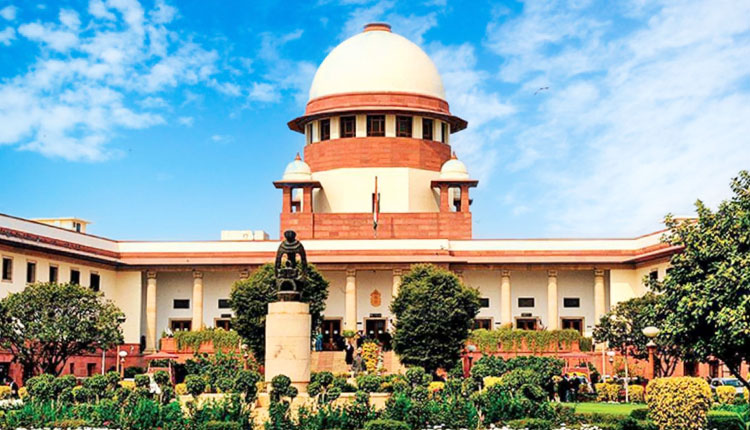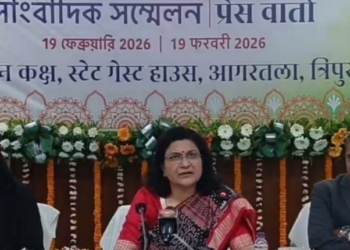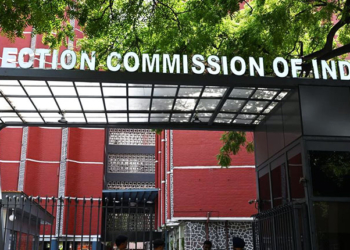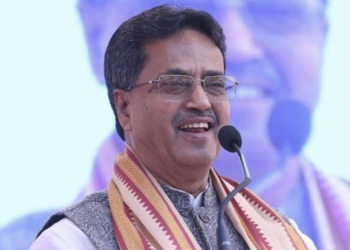New Delhi: The Supreme Court has asked the Centre to consider formulating an appropriate policy to prevent foreign nationals accused of crimes in India from absconding from the country.
The issue arose when a Nigerian national, accused in a high-profile criminal case, allegedly absconded to his home country after being granted bail by the Jharkhand High Court in May 2022.
The top court, in December last year, had set aside the bail order, directing the authorities to ensure the accused is brought back to India to face trial.
At the same time, it underscored the need to do “something more..as these cases keep coming up and therefore, a proper set of guidelines has to be framed and distributed to all the Courts concerned so that such incidents do not happen in future.”
In the latest hearing, a Bench of Justices Dipankar Datta and Augustine George Masih was informed by Additional Solicitor General Raj Kumar Bhaskar Thakre, the law officer appearing on the Centre’s behalf, that extradition was unlikely due to the absence of a bilateral treaty with Nigeria.
The Union Ministry of External Affairs, in an email to the Solicitor General, said, “In the absence of a bilateral Extradition treaty between India and Nigeria, the Nigerian authorities are unlikely to extradite their own national.”
Having regard to the fact that there is no bilateral treaty between Nigeria and India, the apex court observed that continuing to pursue the matter would serve “no useful purpose”.
Disposing of a Special Leave Petition (SLP) filed by the Jharkhand government, the Justice Datta-led Bench said, “The special leave petition stands disposed of, confirming the order of cancellation of bail but leaving it open to the Central Government to formulate an appropriate policy or initiate such further action as deemed necessary and proper so that foreign nationals do not flee the course of justice after committing crimes in India.”
(IANS)
















